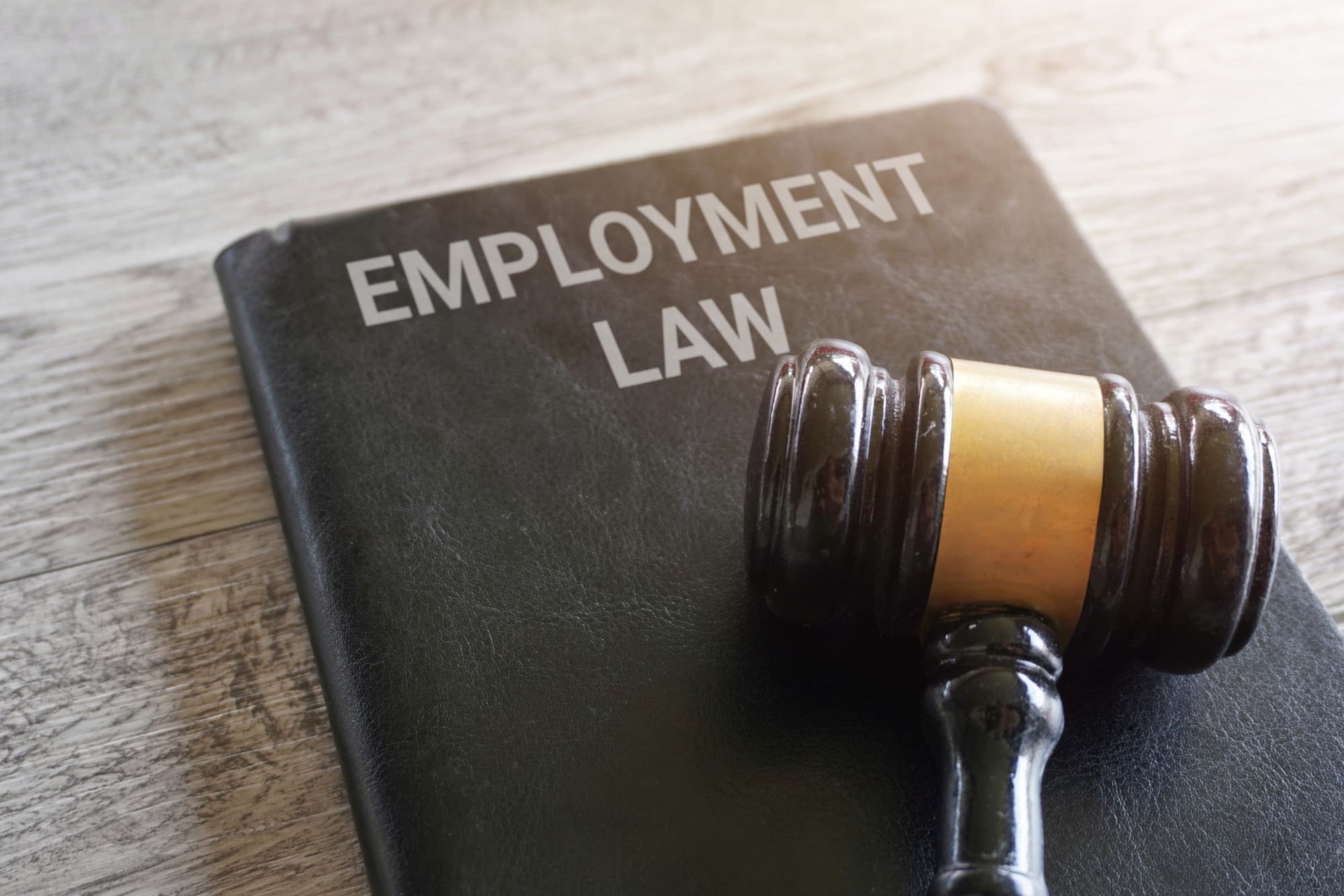Employer Fraud in the Workplace
California law protects employees from intentional fraud by employers. Fraud in the workplace can take many forms, including false promises to an employee about his or her employment contract, job security, salary, and promotions.
The California Supreme Court recognized that employees have the right to be free from fraud in the workplace in the case of Lazar v. Superior Court (1996) 12 Cal.4th 631. There, the Court held that the plaintiff could bring a claim for promissory fraud because he had relied upon misrepresentations by the employer regarding the nature of his job.
Furthermore, it is well-settled that a party alleging fraud in the inducement of an employment contract may seek both tort and punitive damages. And, as explained below, in some cases an employee is entitled to double damages if he prevails on his claim for fraud.
Proving a Workplace Fraud Claim in California
California employees who bring workplace fraud claims typically rely on the following three statutes.
First, California Civil Code section 1572 provides that an employee may prove actual fraud where an employer commits any of the following acts with the intent to deceive or in order to induce an employee to enter into a contract:
1. Suggesting as a fact something that is not true when the employer does not believe it is true;
2. Asserting something that is not true when the employer believes it is true;
3. Hiding something that is true;
4. Promising something without having the intention of doing it; or
5. Any other act that the employer uses to deceive the employee.
Second, California Civil Code section 1710(2) provides that the tort of negligent misrepresentation includes “the assertion, as a fact, of that which is not true, by one who has no reasonable ground for believing it to be true.” Thus, even if an employer does not actually know that something is false, it can be held liable for making a false statement when it has no reasonable ground for believing it is true.
Third, California Labor Code section 970 provides that an employer may not influence, persuade, or engage any person to move for the purpose of work. This statute extends to false statements regarding any of the following:
1. The existence or type of work;
2. The length of time such work will last; and
3. The pay for such work.
California Labor Code section 972 provides that in addition to criminal penalties, any person “who violates any provision of section 970 is liable to the party aggrieved, in a civil action, for double damages resulting from such misrepresentations.” This means that if an employer gets you to move using false promises or statements, you may be able to recover twice the amount of money that you have lost as a result of fraud in the workplace.
Choosing an Employment Attorney in Oakland
At Hunter Pyle Law, we take our clients’ rights very seriously. We have represented a wide variety of workers, including those who have been brought to the United States under false pretenses. Hunter Pyle Law was able to negotiate substantial settlements on the behalf of these workers who had suffered fraud in the workplace.
If you are looking for legal advice or to learn more about your rights as an employee, contact our offices today to discuss what protections against workplace fraud you have as an employee in the state of California.

